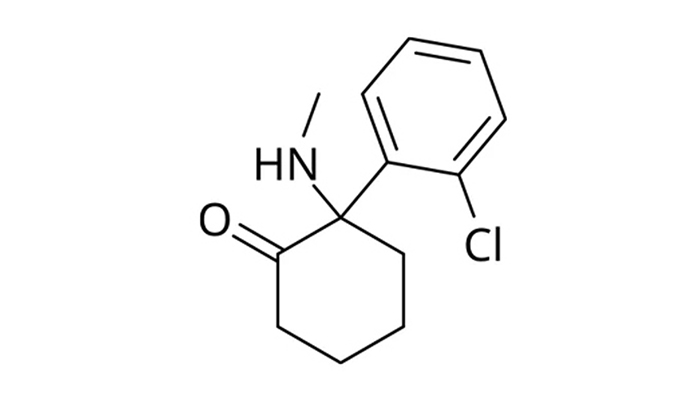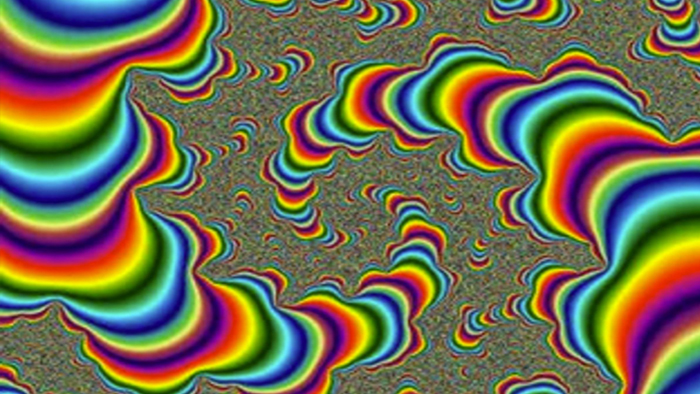Thursday, May 30, 2024
Alexander Papp MD
Introduction
The study “Predicting non-response to ketamine for depression: An exploratory symptom-level analysis of real-world data among military veterans” was recently presented at the online Ketamine International Journal Club by Dr. Eric Miller at UCSD Psychiatry. The study looked at how well ketamine works for treating severe depression that hasn’t improved with other treatments. The researchers aimed to figure out which patients might not benefit from ketamine.
Study Background
They examined the medical records of 120 veterans who received ketamine treatment at the VA San Diego Medical Center. Using various statistical methods, they analyzed how symptoms changed over time. They specifically looked at individual symptoms, like depressed mood and low energy, to see how they improved with treatment.
Methodology
The researchers employed various statistical methods to analyze the data collected from medical records. They focused on tracking the changes in individual symptoms over time to determine the effectiveness of ketamine treatment.
Key Findings
The results showed that while all symptoms got better, some improved faster than others—depressed mood, for example, improved more quickly than low energy.
Detailed Symptom Analysis
The study also found that certain symptoms at the start of ketamine treatment can predict whether a patient is unlikely to respond to the treatment. Here are the key symptoms that indicated a high likelihood of non-response:
- Depressed Mood: Patients who started with lower levels of depressed mood were less likely to benefit from ketamine.
- Changes in Appetite or Eating: Similarly, those with fewer problems with appetite or eating habits were also less likely to respond.
- Self-Harm or Suicidal Thoughts: Patients with higher levels of self-harm or suicidal thoughts were much less likely to see improvement.
- Difficulty Sleeping: Those who had more trouble sleeping were consistently found to be less responsive to the treatment.
The severity of other symptoms of depression, such as lack of pleasure, low energy, feelings of failure, did not predict poor response.
Development of Predictive Model
Using these symptoms, the researchers developed a statistical model that, for a specific group of patients, was very reliable in identifying those who would not benefit from ketamine.
Implications for Treatment
Such a tool helps ensure that patients receive the right treatment sooner, reduces trial and error, avoids unnecessary costs, and improves the overall efficiency and effectiveness of depression care. This leads to better health outcomes and a more positive treatment experience for our patients.
Conclusion
In summary, the study provides valuable insights into predicting non-response to ketamine treatment among military veterans. By identifying specific symptoms that indicate a lower likelihood of response, healthcare providers can tailor treatment plans more effectively, improving overall outcomes.
Reference:
Miller EA, Afshar HT, Mishra J, McIntyre RS, Ramanathan D. Predicting non-response to ketamine for depression: An exploratory symptom-level analysis of real-world data among military veterans. Psychiatry Res. 2024 May; 335:115858. doi: 10.1016/j.psychres.2024.115858. Epub 2024 Mar 11. PMID: 38547599.






